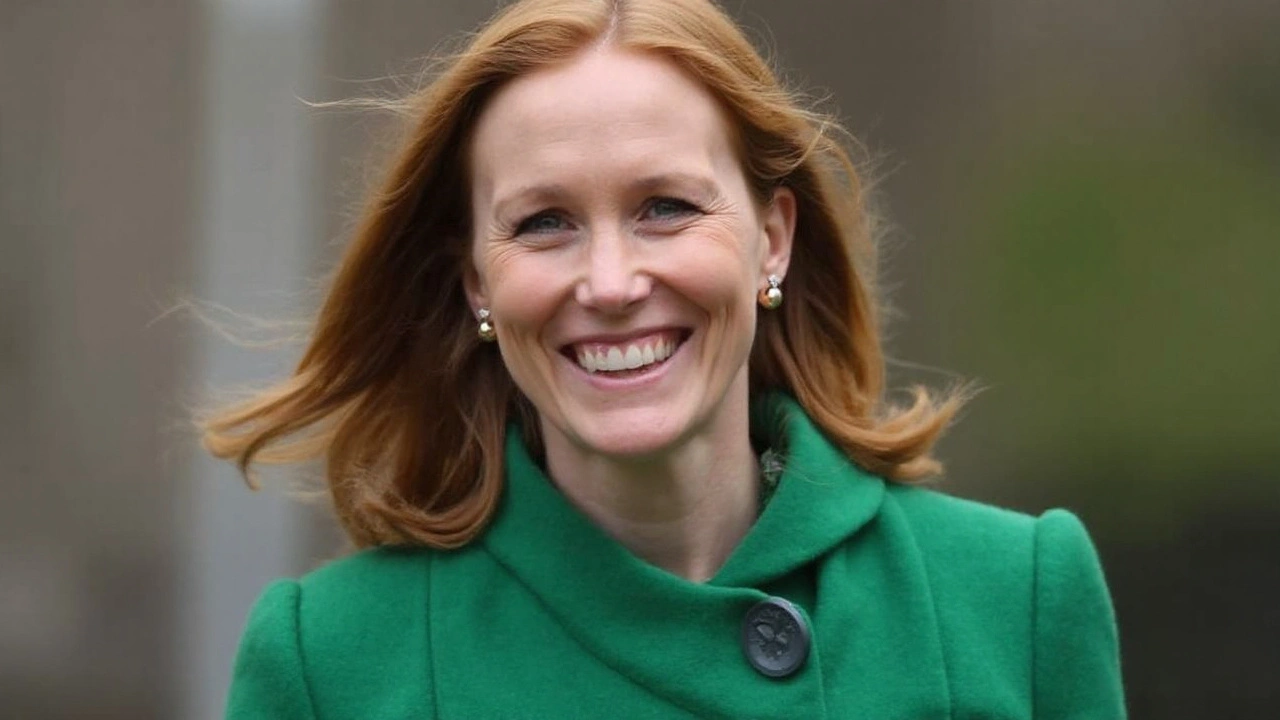What triggered the resignation
Angela Rayner resigned as the UK’s Deputy Prime Minister after an independent inquiry found she failed to meet the ethical bar set for ministers over a property tax error tied to her summer purchase of an apartment in Hove, on England’s south coast. The report, by Laurie Magnus, the independent adviser on ministerial standards, said Rayner acted in good faith but should have obtained specific tax advice before completing the deal.
Rayner admitted this week that she hadn’t paid the correct amount of stamp duty land tax on the purchase. Early estimates suggest the shortfall may have saved her about £40,000. Stamp duty is a tiered levy on property transactions in England, with higher rates for expensive homes and a 3% surcharge applied if the property counts as an additional residence. Depending on the price and whether it’s a main home or a second home, the difference can be big: on a £1.2 million purchase, for instance, the additional-home surcharge alone adds roughly £36,000.
In her letter to Prime Minister Keir Starmer, Rayner wrote, “I take full responsibility for this error.” That choice of words matters. Under the Ministerial Code, ministers must meet high standards of conduct and ensure their affairs—including tax—are in order. The independent adviser investigates potential breaches and reports to the prime minister, who decides on consequences. In this case, Magnus’s finding that she acted in good faith softened the judgment, but the conclusion that she still fell short was decisive.
Starmer accepted her resignation “with real sadness,” praising her contribution in government and across politics. He also said she had made the right call. That framing suggests two things at once: she’s valued by the leadership, but the standards test comes first. It’s consistent with Starmer’s positioning on probity in public life since taking office in July 2024.
The optics were always going to be rough. Rayner has been one of Labour’s most forceful voices on fairness, repeatedly calling out tax avoidance and aggressive loophole-hunting by ministers in the previous Conservative administration. Even if this was a mistake rather than a scheme, the mismatch between message and personal tax compliance was politically combustible.
The timing underscores how fast these issues can escalate. Rayner acknowledged the tax error on Wednesday. By Friday, the independent adviser’s findings were public, and she was out. In the space of 48 hours, Labour lost a key figure who had been central to its political identity and its governing agenda.

What it means for Labour and housing policy
Rayner didn’t just hold the deputy prime minister title. She was also the minister in charge of the housing brief—one of the most sensitive and urgent areas of domestic policy. The government has been leaning on housing as a core delivery test: planning reform, speeding up approvals, and boosting social and affordable homes are all tied to its credibility. Her exit creates a gap at the top of that effort right when the machinery is starting to move.
Expect a swift reshuffle. The deputy prime minister role isn’t set in law; it’s appointed at the prime minister’s discretion and can be paired with another brief or stand alone. The housing role, however, is operational and time-critical. Civil servants will keep pushing ongoing work, but ministers make the political calls—on planning rules, local targets, and how far to go on releasing land or reforming compulsory purchase. A week without clear leadership is manageable; a month isn’t.
Here’s what to watch in the coming days:
- Replacement decisions: who takes over as deputy prime minister and who gets the housing portfolio. Starmer could split the roles to keep bandwidth wide.
- Continuity vs. reset: whether the incoming housing lead sticks to Rayner’s plan or tweaks the pace and priorities, especially on planning reforms and renters’ protections.
- Parliamentary handling: how the government explains the change at the despatch box and whether it faces procedural delays on upcoming bills.
Rayner’s resignation also puts a spotlight on ministerial standards. The system relies on a mix of rules and judgment. The independent adviser can examine conduct and publish findings, but the sanction—anything from apology to resignation—rests with the prime minister. By accepting the resignation and praising Rayner’s service, Starmer is trying to balance accountability with respect, while signaling that the rules are real and apply to his own team.
Opponents will still press for more detail. They’ll want to know exactly how the tax mistake happened, when she became aware, what advice she received, and whether HM Revenue & Customs has now been paid in full. Even with the “good faith” finding, unanswered process questions can drag on. The government’s best defense is transparency: a clear timeline, confirmation that any tax owed is settled, and a quick, competent handover in the housing department.
The political risk is twofold. First, it weakens Labour’s attack line on probity if critics can claim “one rule for them” still applies. Second, it injects uncertainty into a flagship policy area. Housing affects almost everyone—buyers facing high prices, renters navigating rising costs and insecure tenancies, and councils looking to build. Any sense of drift or dithering will be noticed.
There’s also a practical lesson for ministers and MPs: property tax is tricky, and mistakes are expensive. Stamp duty rules don’t just hinge on price. They depend on the buyer’s status (first home or additional property), the property’s use, and timing. Relief that seems obvious can be disallowed if a detail doesn’t line up. The independent adviser’s line that Rayner should have sought specific tax advice is a warning to others in public life: when in doubt, get it in writing.
Rayner’s departure reshapes the government’s front bench. She was a sharp communicator with strong appeal beyond Westminster, and she carried weight with Labour’s grassroots. Losing that voice in Cabinet matters. Still, the government will try to turn the page quickly, framing this as a painful but necessary decision that clears the air and lets it focus on delivery.
What does success look like from here? Rapid appointments, steady progress on housing reforms, and no fresh revelations. If the replacement minister can keep planning changes on track, expand affordable housing pipelines with local partners, and ease bottlenecks on skills and materials, the policy narrative can recover. If the government stumbles, this resignation will linger as a symbol of early missteps.
For Rayner, the immediate priority is resolving any outstanding tax liabilities and withdrawing cleanly from her ministerial responsibilities. Politically, she remains a significant figure—forthright, popular with a big slice of Labour’s base, and not easily replaced. Whether she returns to frontline office down the line will depend on how quickly the controversy settles and how voters judge intent versus error.
For now, the message from No. 10 is discipline and continuity: uphold the code, fix mistakes fast, and keep governing. The next few days—who gets the housing brief, how soon legislation is back on the floor, and how the government handles scrutiny—will show whether that mantra sticks.
